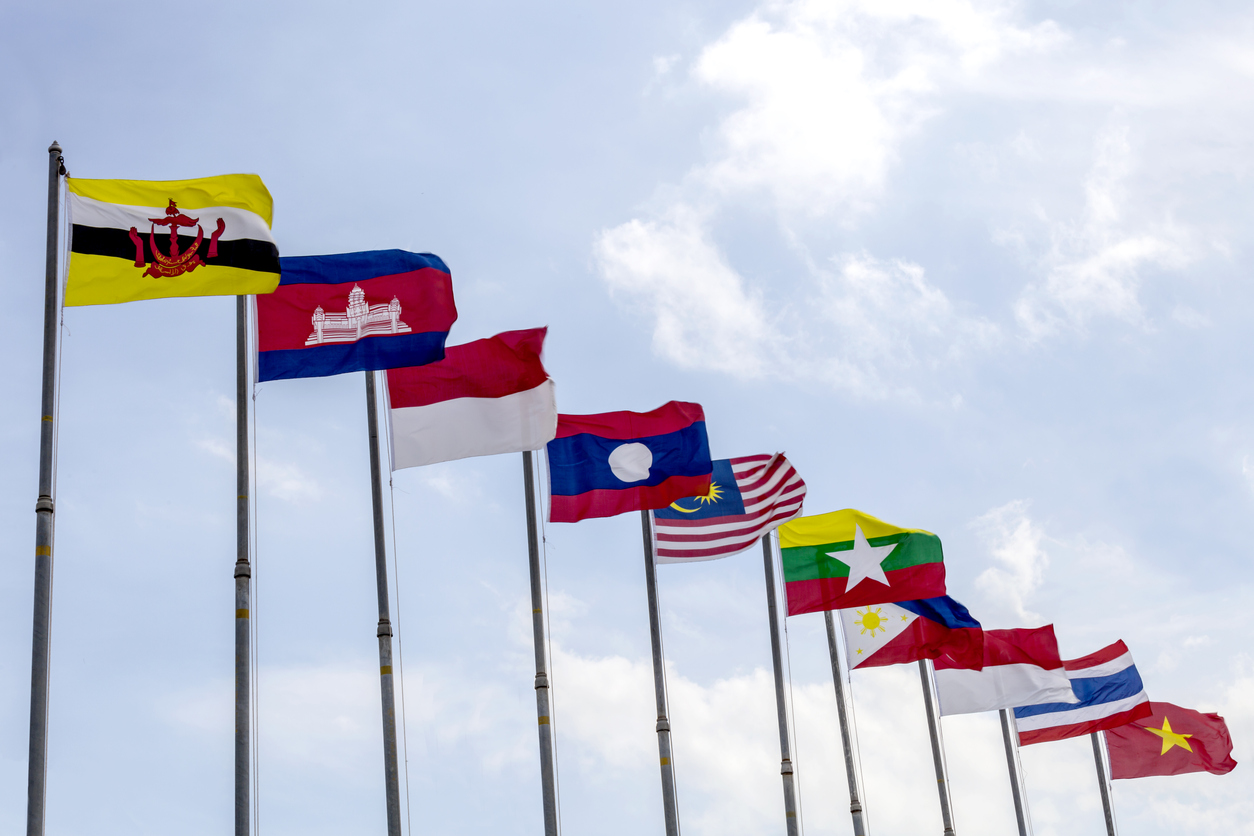Hyundai, Kia’s Europe sales down 7.5 pc in October
Combined vehicle sales of Hyundai Motor and Kia, South Korea's leading automakers, in Europe fell 7.5 per cent in October from a year ago, industry data showed on Thursday.
The trilateral summit between China, South Korea, and Japan marks a significant moment in East Asian diplomacy.

Image source (iStock)
The trilateral summit between China, South Korea, and Japan marks a significant moment in East Asian diplomacy. Held in Seoul, it was the first such meeting since 2019, signalling a potential thaw in relations that have been fraught with tension and competition. The leaders’ focus on reviving trade and security dialogues is both timely and necessary, given the current global economic and geopolitical climate. Chinese Premier Li Qiang’s call to separate politics from economic issues is particularly noteworthy. His emphasis on ending protectionism and avoiding the decoupling of supply chains reflects a pragmatic approach to international relations. In an era where global trade is increasingly weaponised, this stance is a reminder that economic interdependence can and should transcend political rivalries. This perspective is crucial for fostering stability and prosperity in the region, where the economies of China, South Korea, and Japan are deeply intertwined. The joint declaration from the summit highlights a broad range of cooperative efforts, from climate change and health to trade and cultural exchanges.
The commitment to boost people-to-people exchanges to 40 million by 2030 is an ambitious goal that underscores the importance of soft power and cultural diplomacy. Such initiatives can build mutual understanding and trust, which are essential for long-term peace and collaboration. However, despite these positive developments, it is clear that deep-seated issues remain unresolved. The summit’s success in reducing frictions does not necessarily equate to a fundamental shift in the geopolitical landscape. As noted by analysts, the meeting is more about managing existing tensions than transforming relationships. This pragmatic approach is realistic, given the complex historical and strategic factors at play. One of the most contentious issues is North Korea. The divergent approaches to Pyongyang’s planned satellite launch, with South Korea and Japan urging restraint and China avoiding direct condemnation, illustrate the underlying strategic differences. China’s longstanding ties with North Korea complicate its role as a mediator, yet its involvement is crucial for any meaningful progress on the Korean Peninsula.
The economic dimension of the summit cannot be overstated. The trade relationships among these three nations have evolved into intense competition, complicated by US policies urging allies to reduce reliance on China. This dynamic adds a layer of complexity to regional cooperation efforts. The leaders’ agreement to work towards a transparent and predictable trade environment is a step in the right direction, but the path forward will require concrete actions and mutual concessions. Premier Li’s call to separate politics from economics, coupled with commitments to various cooperative efforts, provides a framework for reducing tensions and fostering regional stability. However, the enduring strategic and historical challenges necessitate cautious optimism. True progress will depend on sustained dialogue, mutual trust, and a willingness to address the underlying issues that have long hindered deeper collaboration.
Advertisement
Advertisement